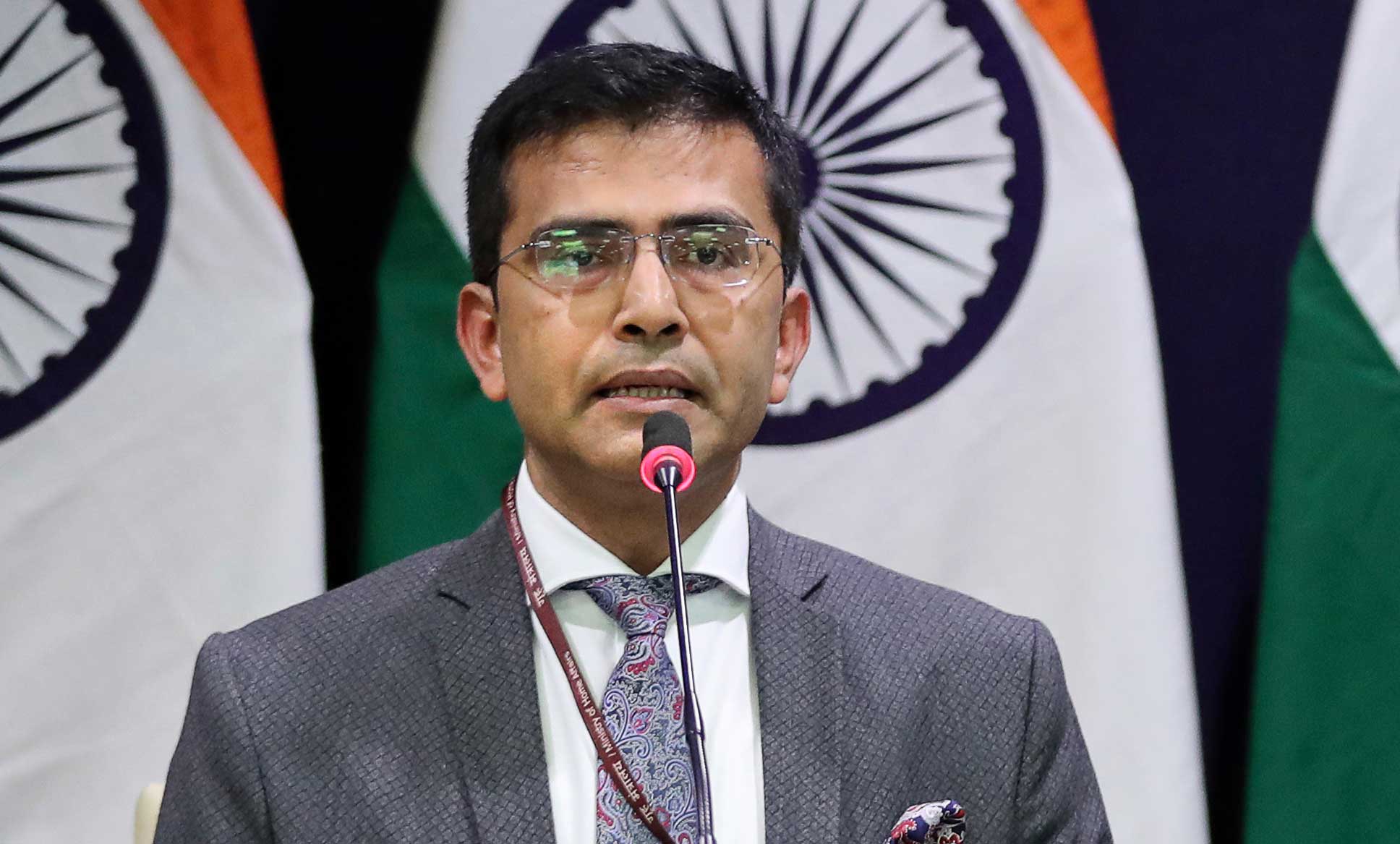India on Thursday billed Pakistan’s crackdown on UN-banned terrorist Hafiz Saeed as an effort to hoodwink the international community.
The crackdown can only be taken seriously if it is irreversible and verifiable, an external affairs ministry spokesman said.
The Counter-Terrorism Department (CTD) of Pakistan’s Punjab province had on Wednesday announced that it had filed 23 FIRs against Saeed and 12 leaders of the Jamat-ud-Dawa (JuD) for using five trusts spread across Lahore, Gujranwala and Multan to collect funds and donations for the Lashkar-e-Toiba (LeT) — blamed by India for the Mumbai terror attacks.
Asked whether India was satisfied with Pakistan’s latest action against Saeed — which specifically relates to financing of a terrorist organisation and money laundering for terrorism — external affairs ministry spokesman Raveesh Kumar said: “Let us not get fooled by these cosmetic steps. We have seen the course of such actions in the past.”
Pakistan’s sincerity to take action against terrorists and terror groups, the spokesman said, will be judged on the basis of their ability to demonstrate verifiable, credible and irreversible action against terrorists and terror groups operating from their soil and not on the basis of measures they undertake to hoodwink the international community.
“Our ask is very simple. We want a normal relationship in an environment free from terror and violence.’’
This is not the first time Pakistan has taken “action” against Saeed during the past decade since the Mumbai terror attacks in November 2008.
But each time he has walked free and gone about his activities without much hindrance from the Pakistani establishment.
The CTD’s action this timecomes a fortnight after the Paris-based Financial Action Task Force pulled up Pakistan for failing to meet the second deadline to take all the actions specified to combat money laundering and terror financing in order to avoid blacklisting in October.
Placed on the grey list in the summer of 2018, FATF had given Pakistan time till May 2019 to take all the actions specified to combat money laundering and terror financing.
In February after the Pulwama attack, India had made a renewed push to fast-track the process at FATF’s first plenary of the year but the Task Force stuck to its original timeline.











